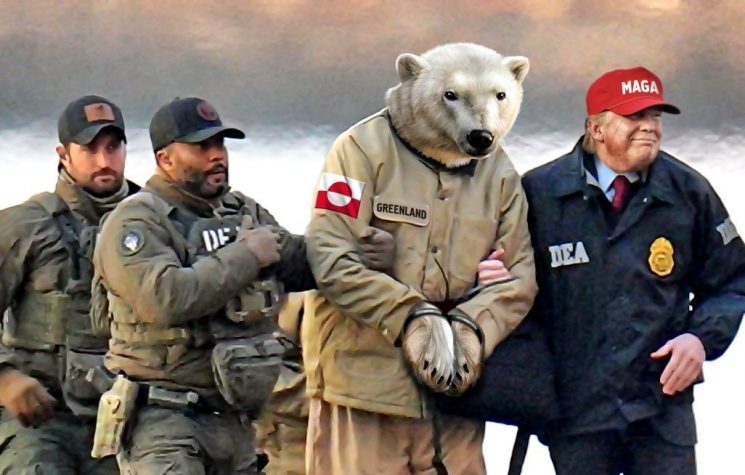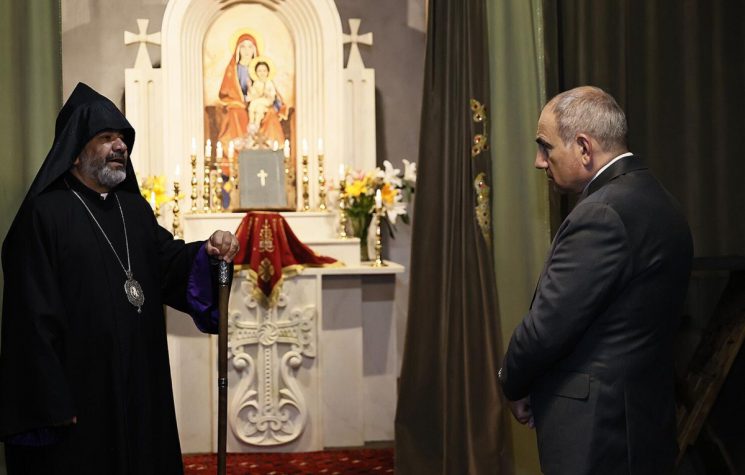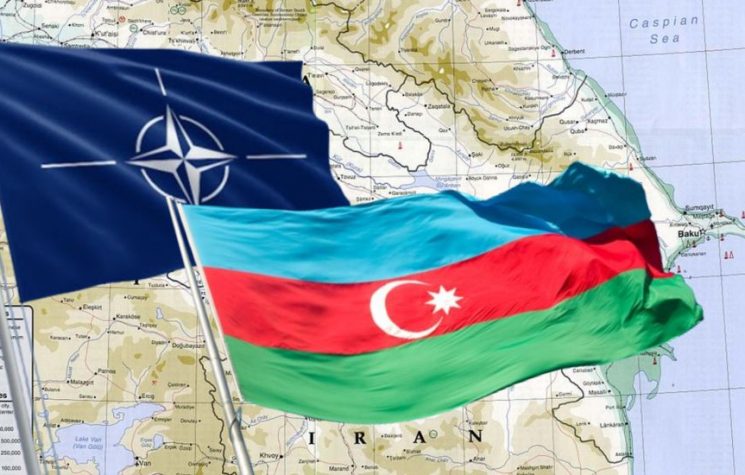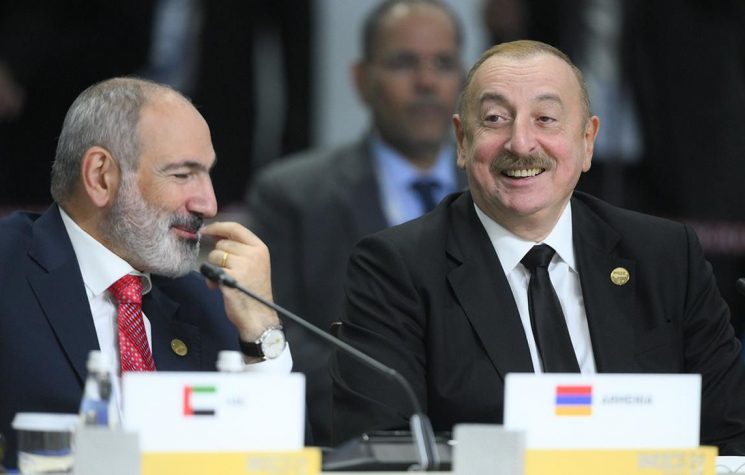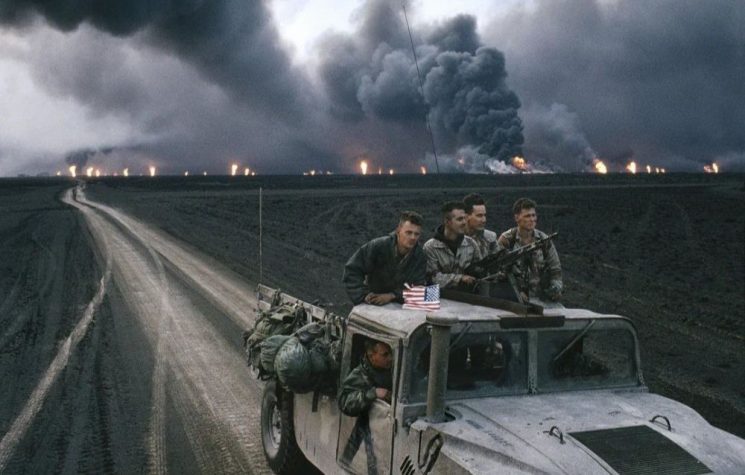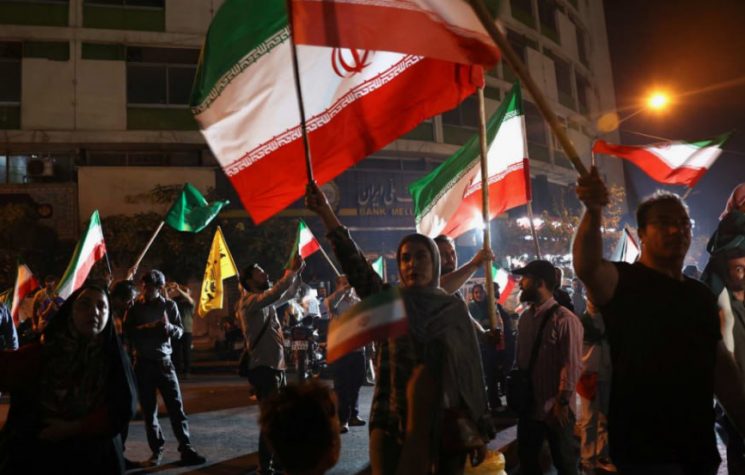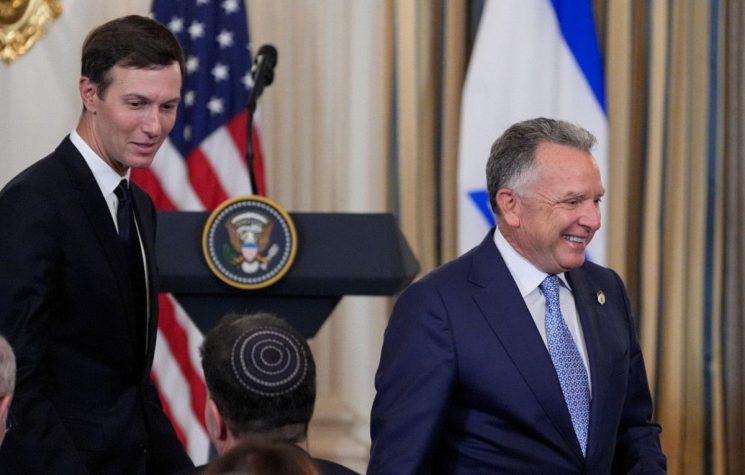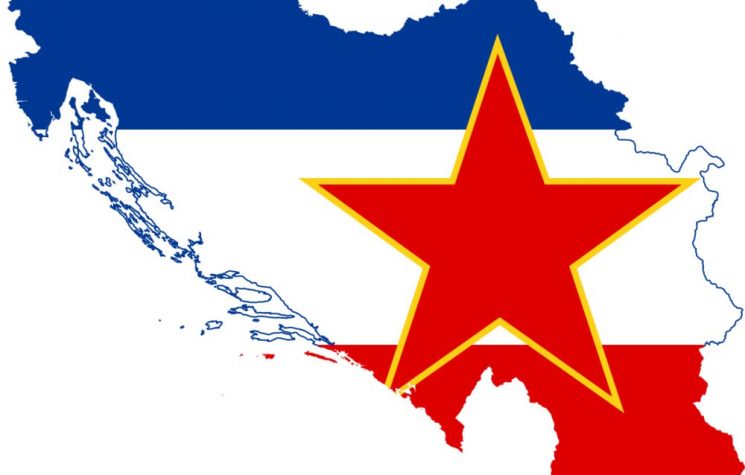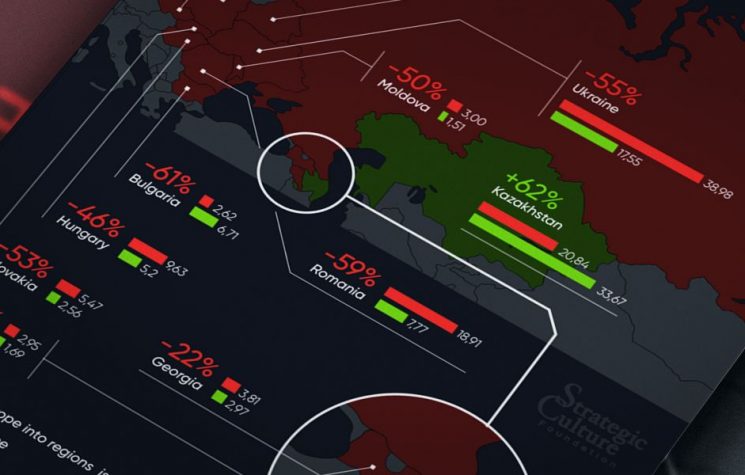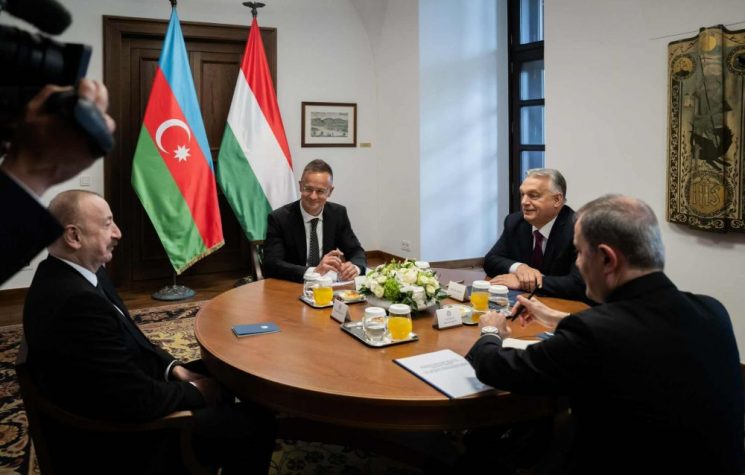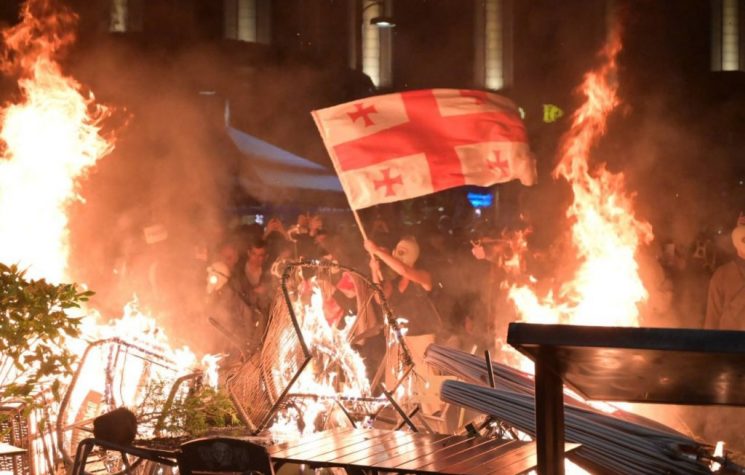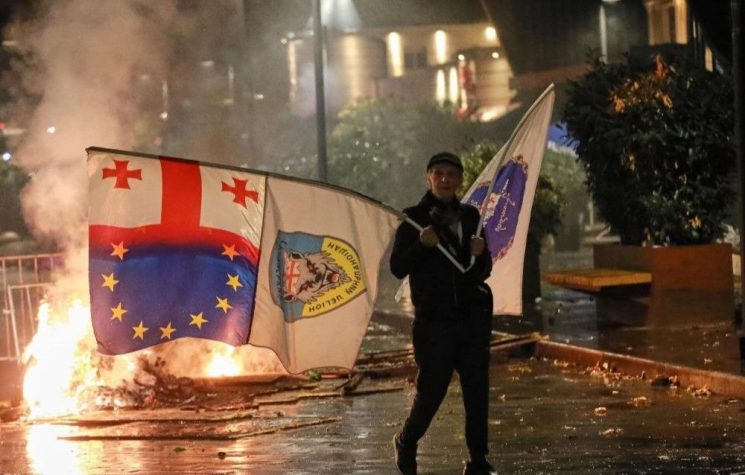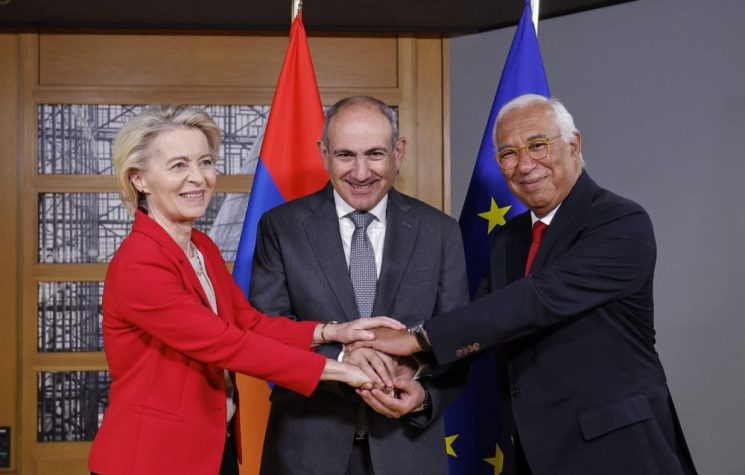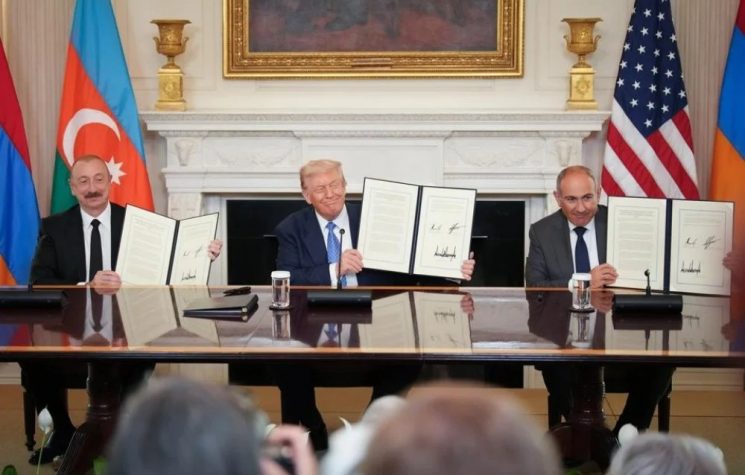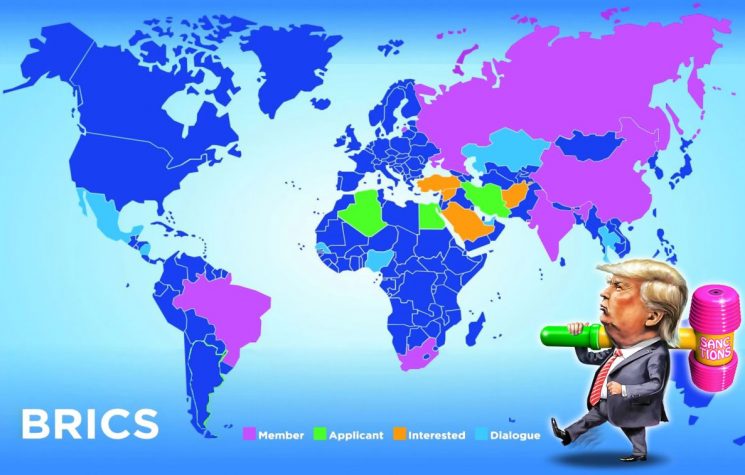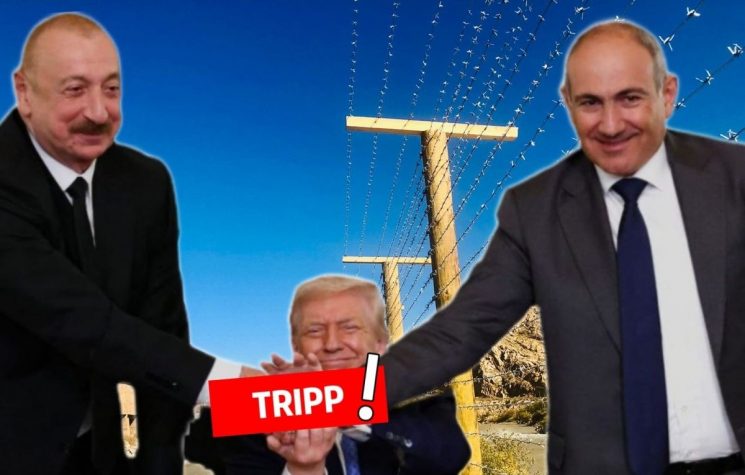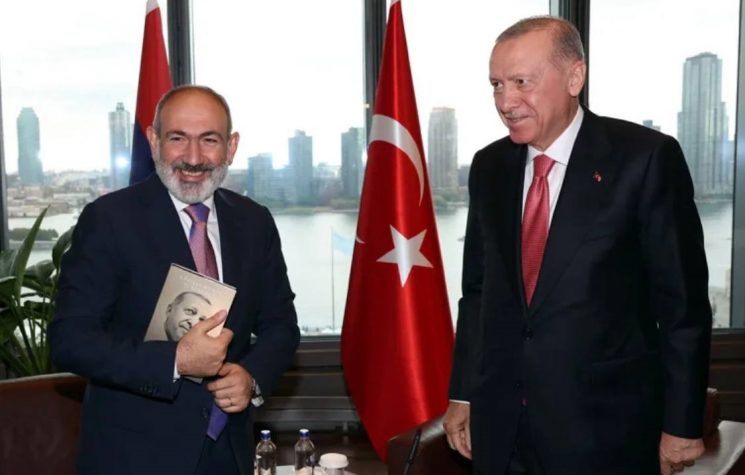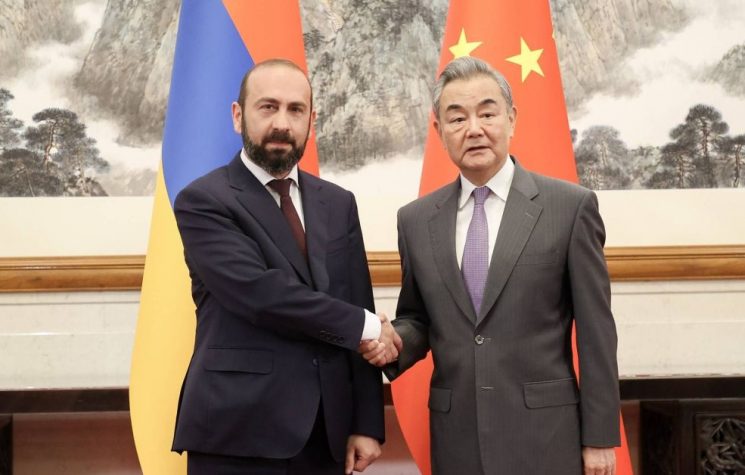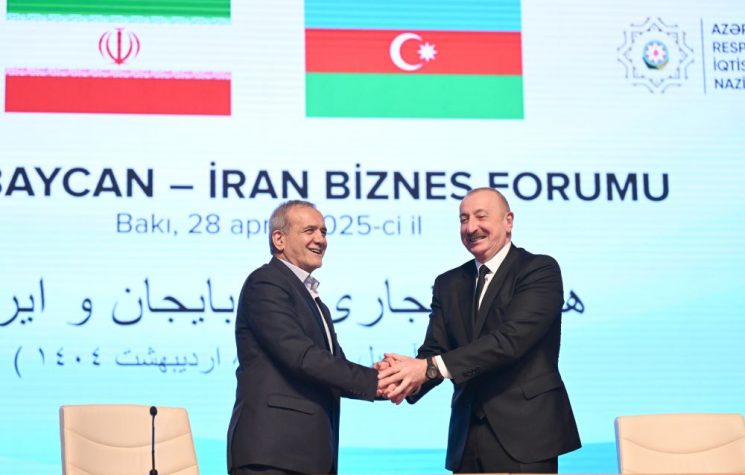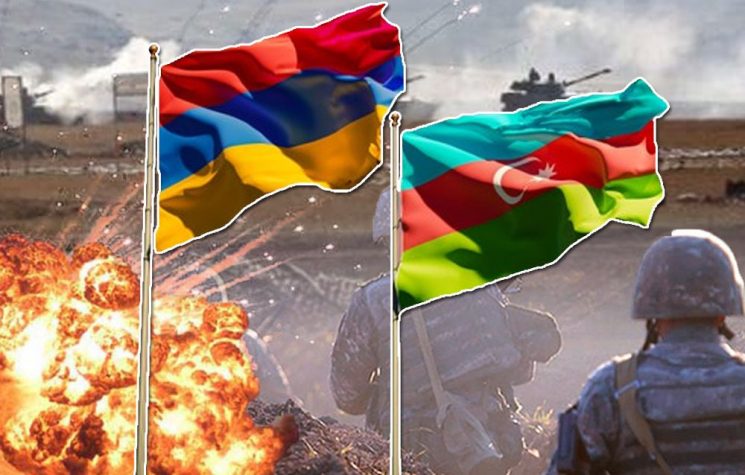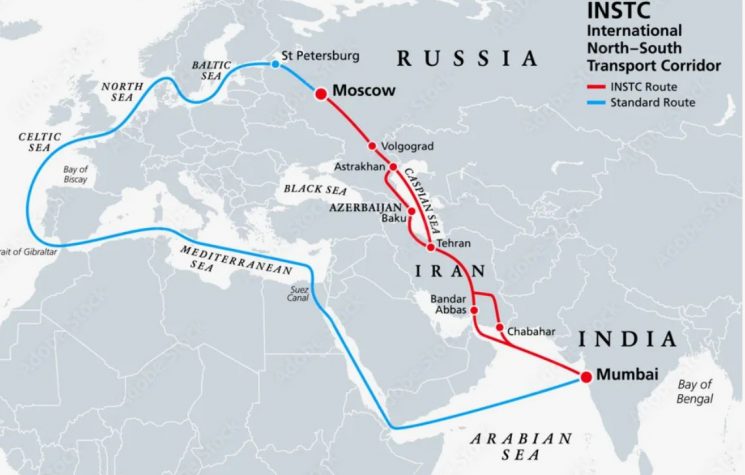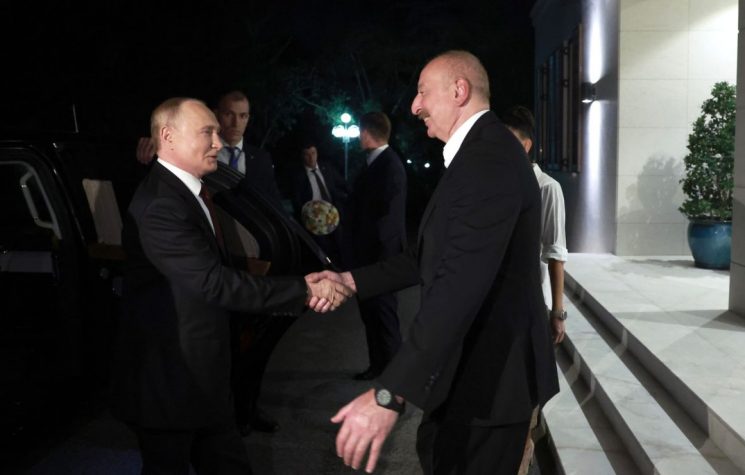The situation between Armenia and Azerbaijan seems far from over, with a high likelihood of escalation in the near future.
Contact us: info@strategic-culture.su
You can follow Lucas on X (formerly Twitter) and Telegram.
The Caucasus continues to be a fertile ground for tensions and disputes, and recent statements from Azerbaijani and Armenian leaders only increase the perception that the region is on the brink of a new conflict. According to Armenian Prime Minister Nikol Pashinyan, Azerbaijan’s official rhetoric increasingly focuses on claiming that Armenia is preparing to attack, thereby justifying the need for defensive preventive measures from Baku. However, this narrative may be more complex, and the context behind these statements could suggest that Azerbaijan itself is preparing an attack, seeking justification for military action.
An interesting perspective was brought up during a conversation with Ahmed Ozgür, a retired officer from the Turkish General Staff. Ozgür, who worked with the Turkish military contingent in Azerbaijan until his resignation in 2024, believes that Erdogan and Aliyev are focused on a broader geopolitical agenda involving the Zangezur Corridor. This project, promoted by Baku, aims to create a 40 km transport corridor across the Syunik province in southern Armenia, with the goal of ensuring communication between Azerbaijan and its Nakhchivan exclave.
This plan has sparked significant debate, with Armenia firmly opposing it, arguing that the creation of such a corridor would violate the ceasefire agreement from the Nagorno-Karabakh War and compromise the country’s sovereignty. The situation has intensified since the 2020 war, and the possibility of this corridor being used as a vital transport route for Azerbaijan, while weakening Armenia’s control over a crucial part of its territory, has fueled tensions.
Ozgür’s analysis of Baku and Ankara’s plans is alarming. He believes that there is a possibility of a military attack at any time, especially on dates of strong symbolism for Azerbaijan, such as February 26, the anniversary of the Khojaly massacre, or March 31, which commemorates the “genocide of the Azerbaijanis.” According to Ozgür, such an action could be timely for Baku, which is already at an impasse with Moscow due to incidents like the recent case of a downed plane near the Russian-Ukrainian conflict zone.
Azerbaijan has heavily invested in its military capacity, with Turkey providing technical support and training. The collaboration between the military forces of both countries has intensified in recent years, and according to Ozgür, the main focus is on the Zangezur Corridor, where military operations could be carried out at any time. Turkish General Bakhtiyar Ersay, considered a key figure in this process, is leading efforts to create a structure capable of carrying out a rapid offensive, including coordinating reconnaissance drones and monitoring Armenia’s military movements.
Moreover, the presence of Azerbaijani specialists in the Turkish province of Iğdır, on the Armenian border, raises further suspicions about Baku’s intentions. These specialists have been focused on tasks such as surveillance, intelligence gathering, and monitoring Armenia’s military training centers, with an emphasis on weapons supplied by France. The installation of high-tech radar systems, such as the Soviet P-18 “Terek” radar, near the Armenian border, is also part of preparations for a potential confrontation.
The role of the Nakhchivan Autonomous Republic, which connects Azerbaijan to the Zangezur Corridor, is central in this scenario. The region has received special attention, and Ozgür mentioned that during the “Winter-2025” exercises held in the Turkish province of Kars, Turkish special forces trained infiltration tactics along the border between Nakhchivan and Armenia, suggesting that an attack on the region could be one of the first stages of a broader military operation.
Although the atmosphere of preparation for a potential conflict is growing, it is also possible that Azerbaijan’s aggressive rhetoric is, in part, an internal political strategy. Aliyev may be using the militaristic discourse as a way to maintain his popularity and solidify his regime, as the increasing tension with Armenia allows him to position himself as a defender of national security. Time will tell if Baku’s bellicose statements indicate a genuine intent for military action or if they are simply a tactic for internal and regional political purposes.
Regardless of how events unfold, it is undeniable that tensions remain high in the Caucasus, and the region could soon become the focus of new military actions by NATO, as France and Turkey, both members of the Atlantic Alliance, are the largest supporters and financiers of Armenia and Azerbaijan. In such a conflict scenario, the most affected side would be the Russian Federation, which would lose influence in a strategic area of the post-Soviet space. For this reason, Moscow is deeply engaged in initiatives to ease regional tensions, but unfortunately, due to the hostility of the Armenian regime, it is currently only possible to establish such dialogue with the Azerbaijani side itself – despite the various known problems.











